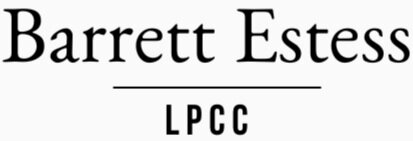Depression is a condition of collapsed overwhelm, expressing a chronic freeze state. Depression is a kind of “last resort” state we enter only after our psycho-biology has first attempted, unsuccessfully, to actively navigate life’s challenges. We are instinctually designed to first respond to stressors by doing something, often with the tremendously powerful life-affirming energies of fear and aggression. If these more active self-preservation impulses in response to stress are overwhelmed, our system naturally (and intelligently) shuts down. We enter a “conservation” state that restricts our engagement with the world. Energy and attention are pulled powerfully inward to manage and protect internally depressed stress.
A depressive cycle often ensues, in which a depressed person restricts her activity, feels less and less accomplishment, then loses her self-confidence, sense of personal agency and supportive connections with others. The active psycho-biological forces of aggression and fear continue to seek expression, but can no longer fully mobilize in effective and life-affirming ways. Rather, depressed fear and anger often “turn inward” against the self, leaving the depressed person afraid of and hating themselves.
In working with depression I attend not primarily to depressive thought patterns, but rather to what I see as the origin of the problem—the frozen, shut down functioning of a depressed nervous system. Working somatically with depression often involves supporting a slow "thawing out" of frozen, depressed physiology.
When a depressed system experiences a deeply attentive and patient connection with another human being, it naturally begins to “wake up” and move out of freeze. Coming out of a depressed physiology often entails moving into and through self-protective processes that were at some point were overwhelmed and rendered incomplete. Allowing and integrating self-protective energies endows our organ systems with a powerful aliveness and sense of capacity.

